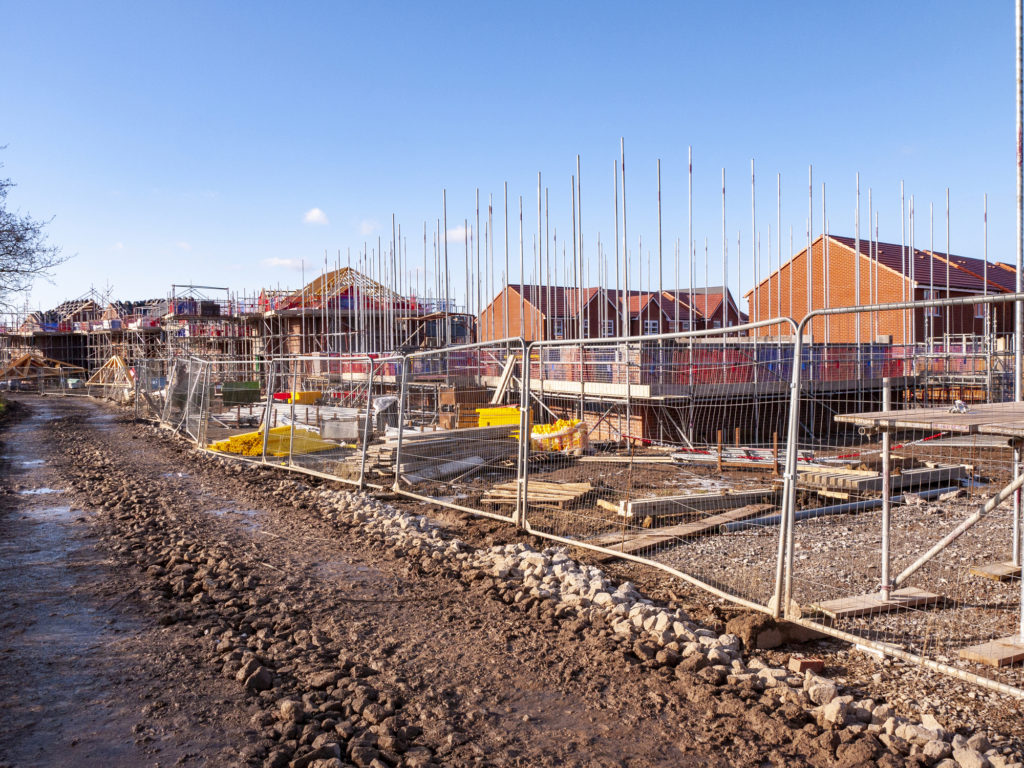- People
- Expertise
Our expertise
We are a team of more than 500 professionals, with the depth of experience which makes us genuine experts in our fields. Together, gunnercooke’s people have strength across just about every corporate discipline and sector. We provide legal, commercial and strategic advice that delivers real value to the clients we work with, which span from multinational enterprises through to unicorns and non-for-profit organisations. Our breadth of expertise covers some of the most interesting and important emerging disciplines, from ESG and charity law, to blockchain and competition.
Search by practice areaDispute ResolutionDispute Resolution OverviewMeet the Dispute Resolution TeamIntellectual Property DisputesFinancial Services & FinTech OverviewProceeds of CrimeEmployment TribunalTax InvestigationProperty Dispute ResolutionInsolvency DisputesMediationCivil Fraud & Asset TracingHealth & SafetyBusiness Crime & InvestigationsLitigation & ArbitrationInternational Arbitration - International
International Offices
The gunnercooke group has 15 main global offices across England, Scotland, the US, Germany and Austria, with further plans for growth in the coming years. These offices enhance the existing in-house capability of our dedicated international teams and dual-qualified experts that cover Spain, France, Italy, Portugal, Brazil, China, India, Poland and Hungary. Our team have clients across 123 jurisdictions, speak 46 languages and are dual-qualified in 21 jurisdictions. Our expertise means we can offer large teams to carry out complex cross-border matters for major international clients.
- Our story
Our story
gunnercooke is the fastest growing corporate law firm in the UK, now making its mark globally. We comprise a rapidly growing number of experts spanning legal and other disciplines. Clients benefit from flexible options on fees to suit their needs, access to a wider network of senior experts throughout the relationship, and legal advice which is complemented by an understanding of the commercial aspects of running a business.
- Reading Room
- News & Insights

In a recent case, the Court of Appeal has refused to release or modify restrictive covenants where a development was knowingly carried out in breach of the covenants. The public policy interest in allowing the development to go ahead did not justify the release of restrictive covenants where a developer deliberately built houses on land in breach of those covenants. Although this case is about residential development, the important principles it affirms are relevant to all types of development.
Background
Millgate was the developer of a mixed affordable housing development in Maidenhead. Thirteen of the houses were constructed in breach of a restrictive covenant on the land. Millgate was aware of the covenant and of the objections of the benefitting landowners but chose to ignore the covenant issues and develop regardless. They had to provide the social housing to release a luxury development nearby. Having completed the development, Millgate applied to the Upper Tribunal for the modification of the restrictive covenants. The adjoining landowners, the trustees of a children’s hospice, objected to the application.
Upper Tribunal decision
Section 84 of the Law of Property Act 1925 allows the Upper Tribunal (Lands Chamber) to order the release or modification of restrictive covenants. The Tribunal must consider the application against a number of grounds, including where the restrictive covenant confers no practical benefit of substantial value on the person who benefits from the covenant, or that the restriction on use is contrary to the public interest.
The Upper Tribunal initially granted Millgate’s application even though Millgate had deliberately chosen to build in breach of the covenants, despite being requested not to do so. It ruled that the covenants were contrary to the public interest as it was not in the public interest for houses that were otherwise available to meet a pressing social need to remain unoccupied.
The Court of Appeal
The Court of Appeal disagreed. There were a number of justifications for their decision, but the decision overall gave a clear message to discourage developers who carry on without due consideration for the restrictive covenants burdening their land.
The grant of a planning permission does not mean that the public interest ground is satisfied. The Court of Appeal also held that when applying the public interest test it was necessary to consider whether an applicant had made fair use of the Section 84 procedure in advance of acting in breach of covenant. There might be reasons why it was not possible to make an application in advance of any development, but without a sufficient excuse the Upper Tribunal could not be satisfied that it was against the public interest for the restrictive covenants to remain in place. Section 84 specifically provides that the Upper Tribunal must consider the development plan and patterns for the grant or refusal of planning permission in the relevant area, but that is not enough to allow a developer to simply carry on regardless. The Court of Appeal found that the “deliberately unlawful and opportunistic conduct” by Millgate “which was directed to subverting the proper application of section 84 without good reason” was reason to exercise any discretion by refusing Millgate’s application.
Comment
This case is a clear warning to developers not to develop in breach of restrictive covenants. Restrictive covenants can be released where planning considerations mean that it is in the public interest to do so (along with other reasons), but that is not enough to assume that an application will be successful after the event. Wilful conduct is always likely to be punished by a court or tribunal.
The Alexander Devine Children’s Cancer Trust v Millgate Developments Ltd and another [2018] EWCA Civ 2679
 Article by Jen Morris, Property Litigation Partner
Article by Jen Morris, Property Litigation Partner
e: [email protected]
t: 07508 352570